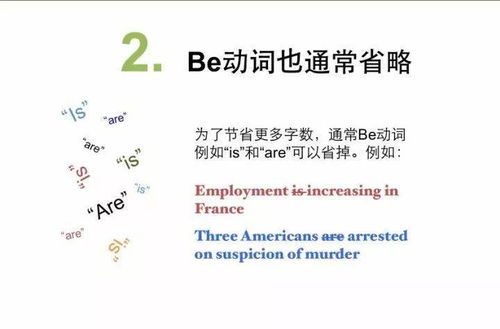
Tit

le: The Surprising Origins of the Word "Cliche"
Have you ever used the word "cliche" to describe something that is overused or lacks originality? You may be surprised to learn that the word "cliche" itself has an interesting backstory.
The word "cliche" comes from the French language, originally spelled "cliché" (with an accent over the first "e"). Its original meaning is quite different from its modern usage. In the early 19th century, "cliché" referred to a printing plate or block that was used to create multiple copies of an image or text.
The term became popular in the printing industry because the use of clichés made the printing process faster and more efficient. Instead of creating a new printing block for each individual copy, a cliché could be used to produce many identical copies at once.
But how did "cliché" shift from its printing origins to its current meaning? The answer lies in the world of literature.
In the late 19th century, French writers began using "cliché" as a metaphor to describe expressions or ideas that had become tired and predictable through overuse. These writers were part of the literary movement known as naturalism, which aimed to strip away the romanticism and sentimentality of earlier literary works and depict reality in a more truthful and naturalistic way.
To the naturalists, clichés were seen as a symptom of lazy or unoriginal writing. Instead of using tired metaphors and stock phrases, they sought to create new and vivid descriptions that would capture the essence of the world around them.
The use of "cliché" as a literary term quickly spread to other languages, including English. By the early 20th century, "cliché" had entered the common lexicon as a term to describe any idea, expression, or symbol that has lost its originality and impact through overuse.
Today, the word "cliché" is used in a variety of contexts, from literature to art to everyday speech. While it is often associated with negative connotations, cliches can sometimes serve a useful purpose, providing a shorthand way of expressing ideas or emotions that are universally understood.
Next time you use the word "cliché", take a moment to appreciate its fascinating history and the multiple meanings it has held over time. And who knows – maybe you'll be inspired to create your own original and innovative way of expressing an idea.